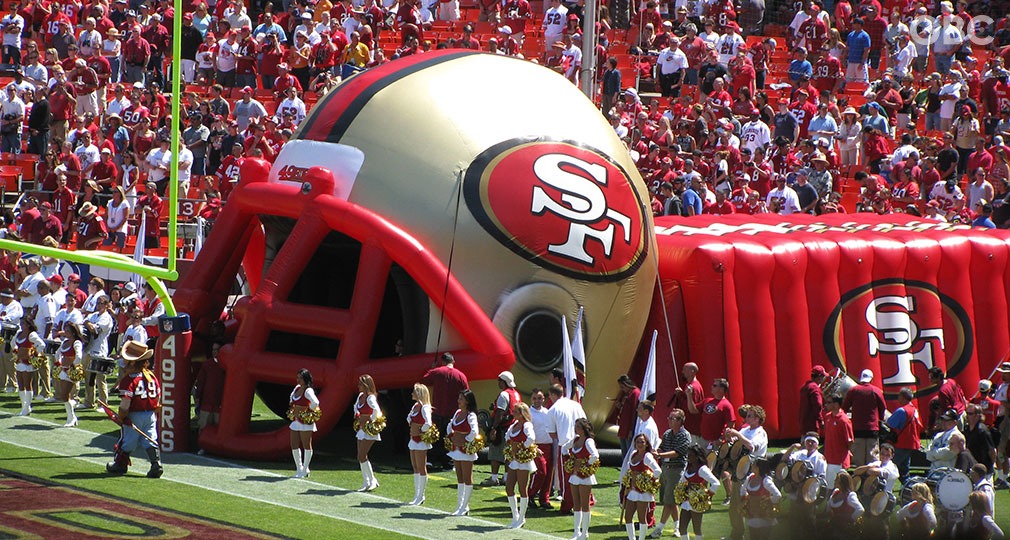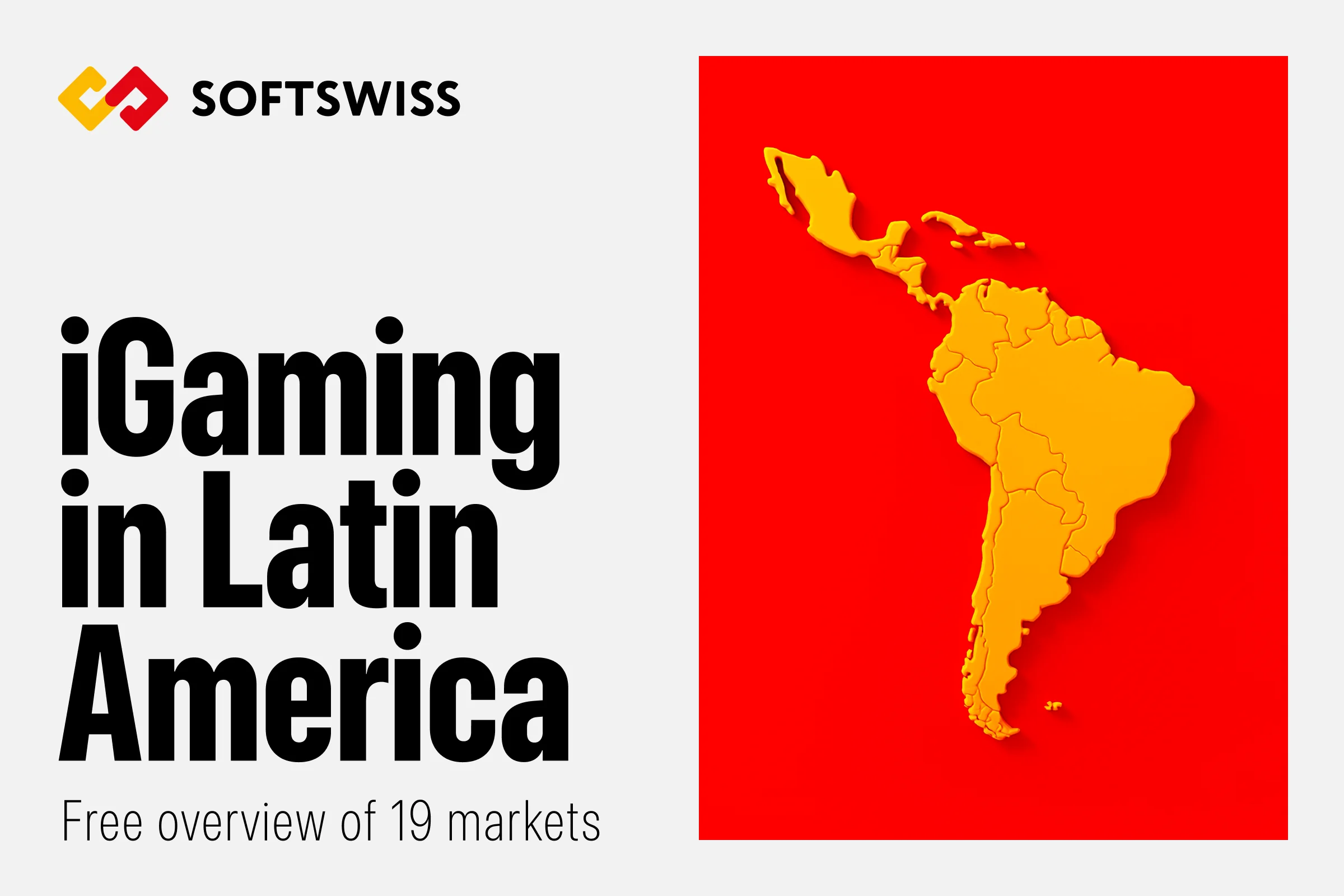Sports betting has existed in the United States for about as long as people have been playing sports in the country. But for much of the last 30 years, sportsbooks could only be found in a couple of states.
That all changed in the spring of 2018 when the Supreme Court of the United States reached a 7-2 decision, concluding that the Professional and Amateur Sports Protection Act contained elements that were unconstitutional. The result was that it was struck down, allowing individual states to set their own rules about what was permitted within their own borders.
Many states had already been preparing for this, with laws ready to pass or even already in place, pending the court’s decision. This meant that it would be just a couple of months before the first punters could begin placing bets online for the first time.
As we approach the fifth anniversary of this landmark SCOTUS ruling, let’s take a look at how sports betting has evolved in the USA.
Growing number of sportsbooks
Before 2018, placing a bet on sports generally meant physically travelling to Las Vegas or a small number of other venues across the country. Outside of the Nevadan city, you had little to no options.
Today, however, there are dozens of big brands that offer sports betting. The exact number varies from state to state, but in places like New Jersey and Pennsylvania, sports fans can often be spoilt for choice with the number of bookies available.
The strict licensing rules mean that only well-established businesses can begin operating a sportsbook in the US, ensuring the safety of bettors. However, this does mean you generally find a lot of similarities between states, even if they operate entirely independently.
Better value for the consumer
A positive effect of this growing number of sportsbooks is that bettors can usually get more value from the wagers they place.
The free market is a fundamental principle of the United States because it drives innovation and competition, which results in better service, better value, and better overall quality. This is definitely true when it comes to sports betting as the increased competition has helped to bring better odds and bigger promotions.
For example, the sports betting comparison site OddsChecker lists all of the free bet offers available at major sportsbooks. These deals regularly exceed $1 000 at a time, with many more offering hundreds of dollars in free or risk-free bets. In states where there is little or no competition, these promotions do not exist or are significantly smaller.
The mere presence of these comparison services also helps to improve competition since it means operators are forced to be more generous if they want to stand out in the list.
More sports and wager types
The USA is famous for its love of baseball and football, two sports that are rarely found at a professional level in other countries. The domestic market is so strong, with four major leagues (or five if you count MLS), that foreign sports and competitions fail to get much traction.
For example, it’s only been in recent years that Formula 1 has managed to gain a foothold in the country, despite decades of trying. Similarly, the English Premier League, the biggest soccer league in the world, continues to be a niche competition in the US, despite it being hugely popular in many other regions.
For this reason, before 2018, much of the sports betting taking place in the US was focused on the major American leagues. And while they still account for a large majority of the betting volume in the country, other sports are getting much more coverage since 2018.
On top of that, the types of wagers are also evolving. Proposition or “prop” bets are not inherently new, but awareness of them and access to them has greatly improved. In-play or live betting is also more readily available thanks to mobile sportsbook apps as the real-time functionality that they offer means bettors can react to events they see on screen rather than only making predictions ahead of a game.
Overall, the decision made in the Spring of 2018 has helped to improve the competition in the sports betting market, made access to sportsbooks easier, and allowed Americans to discover other sports and competitions outside of their borders.












